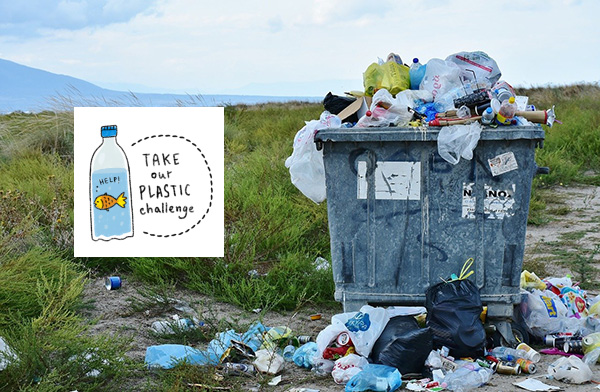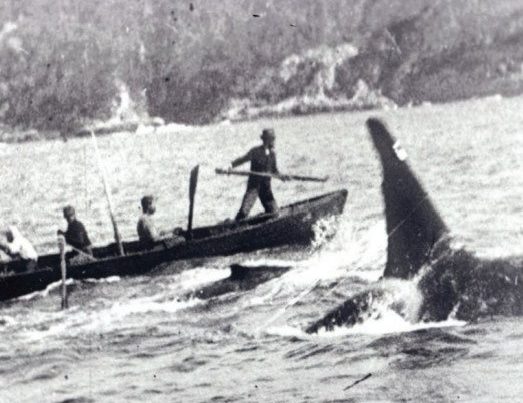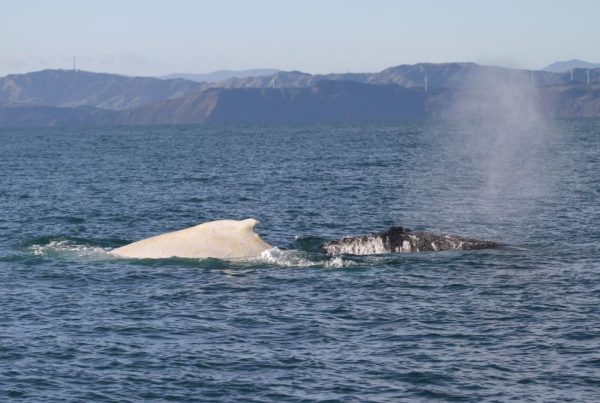
Can you reduce your plastic footprint in 5 ways?
More than 8 million tonnes of plastic ends up in our oceans each year* and experts predict that if nothing is done there will be more plastic in the seas by weight than fish by 2050. It is clear we can’t recycle our way out of the plastic problem.
But there’s still a glimmer of hope. Small actions can have huge consequences, and as consumers, we can divert a significant amount of waste from landfills and coastlines, just by making conscious and informed decisions about the products we use.
So what can YOU do to reduce your plastic footprint?
Here are 10 top tips:
- Switch to an eco-friendly toothbrush. New Zealanders buy and dispose of approximately 8 million toothbrushes every year**: the equivalent of around 144 tonnes of plastic. Try using bamboo toothbrushes instead, they only take about six months to biodegrade back into the soil
- Carry reusable fabric shopping bags
- Carry a reusable coffee cup or flask. Kiwis throw away 100m cups a year – we could fill two Olympic-sized swimming pools with the take away coffee cups we throw away each year
- Ditch plastic food wrap for your food. Try one of these seven alternatives instead for leftovers or lunches: Storage Containers (Pyrex, Glass or Stainless Steel), Glass Jars, Beeswax Food Wraps, Sandwich Pockets, Parchment Paper, Foil
- Take small reusable bags for fruit and veg when doing your food shop
- Buy your bread from a bakers or the bakery section of the supermarket
- Buy a good quality reusable drink bottle. Each year we throw away millions of disposable, single use plastic drink bottles. Many of these are not recycled and end up in landfills, seas and oceans.
- Say no to plastic cutlery. Carry a fork with you or use a compostable alternative
- Try buying wholesale and putting dried products such as rice, pasta and lentils into glass jars to avoid buying products wrapped in plastic
- Find shampoo, conditioner, moisturiser and deodorant in bar-form. And try using soap bars instead of bottled hand-wash


